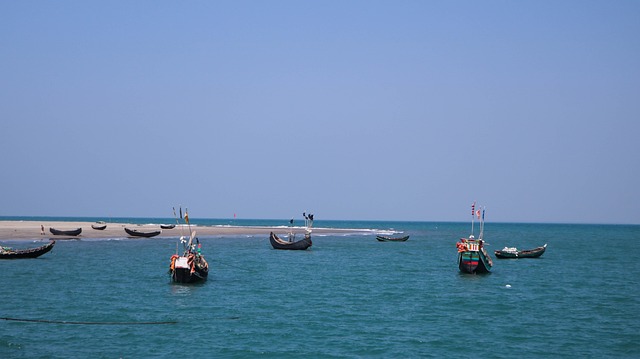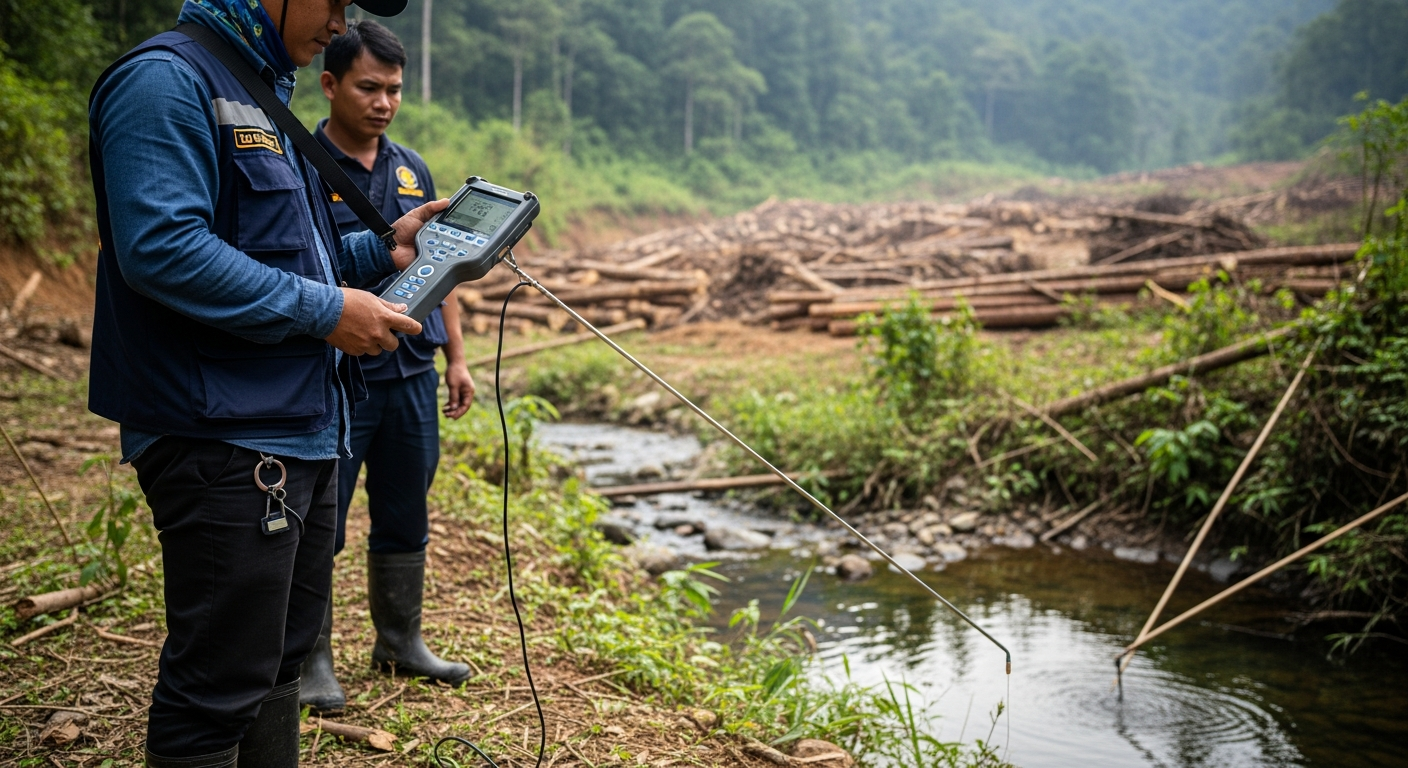The Uncharted Waters of Aquaculture Law
Introduction: As the global demand for seafood surges, aquaculture emerges as a vital industry. However, this rapidly expanding sector faces a complex web of legal challenges. From environmental regulations to property rights, the evolving field of aquaculture law navigates uncharted waters in the intersection of maritime law, environmental policy, and food production legislation.

Navigating Property Rights in Aquatic Environments
One of the most contentious areas of aquaculture law revolves around property rights. Unlike traditional agriculture, aquaculture often takes place in public waters, raising questions about ownership and usage rights. Coastal states have grappled with defining the boundaries between private aquaculture operations and public access to waterways. Some jurisdictions have implemented leasing systems for aquaculture sites, while others have established marine spatial planning frameworks to balance competing interests in coastal areas.
Environmental Regulations and Sustainability Concerns
Environmental regulations form a significant portion of aquaculture law. Concerns about water pollution, escapement of farmed fish, and the spread of diseases have led to stringent regulatory measures. The Clean Water Act in the United States, for instance, requires aquaculture facilities to obtain permits for discharges into navigable waters. Additionally, many states have implemented regulations on fish feed composition and waste management practices. As sustainability becomes increasingly crucial, lawmakers are working to strike a balance between promoting aquaculture growth and protecting marine ecosystems.
International Trade and Biosecurity Measures
The global nature of the seafood industry introduces another layer of legal complexity to aquaculture. International trade laws govern the import and export of aquaculture products, with concerns ranging from food safety to biosecurity. The World Trade Organization’s Agreement on the Application of Sanitary and Phytosanitary Measures sets standards for food safety and animal health regulations that affect aquaculture trade. Countries must navigate these international agreements while also implementing domestic policies to protect their aquaculture industries from invasive species and diseases.
Intellectual Property Rights in Aquaculture Innovation
As aquaculture technology advances, intellectual property rights have become a growing area of legal interest. From genetically modified fish to innovative farming techniques, companies are seeking patent protection for their aquaculture innovations. This has sparked debates about the patentability of living organisms and the potential impact on biodiversity. The legal framework surrounding aquaculture patents is still evolving, with courts and patent offices grappling with the unique challenges presented by this emerging field.
Labor Laws and Worker Protection in Aquaculture
The expansion of the aquaculture industry has also brought attention to labor laws and worker protection. Aquaculture operations, particularly in developing countries, have faced scrutiny over working conditions and labor practices. International labor standards, such as those set by the International Labour Organization, are increasingly being applied to the aquaculture sector. Domestically, countries are adapting their labor laws to address the specific needs and risks associated with aquaculture work, including occupational safety measures for underwater operations and regulations on working hours in remote aquaculture facilities.
The Future of Aquaculture Law
As aquaculture continues to grow and evolve, so too will the legal framework governing it. Policymakers and legal experts are working to develop more comprehensive and cohesive aquaculture laws that can address the industry’s unique challenges while promoting sustainable growth. This may involve creating specialized aquaculture courts or tribunals, developing international conventions specific to aquaculture, and harmonizing regulations across jurisdictions. The future of aquaculture law will likely see a greater integration of environmental science, technology, and legal principles to create a robust and adaptable legal framework for this vital industry.






